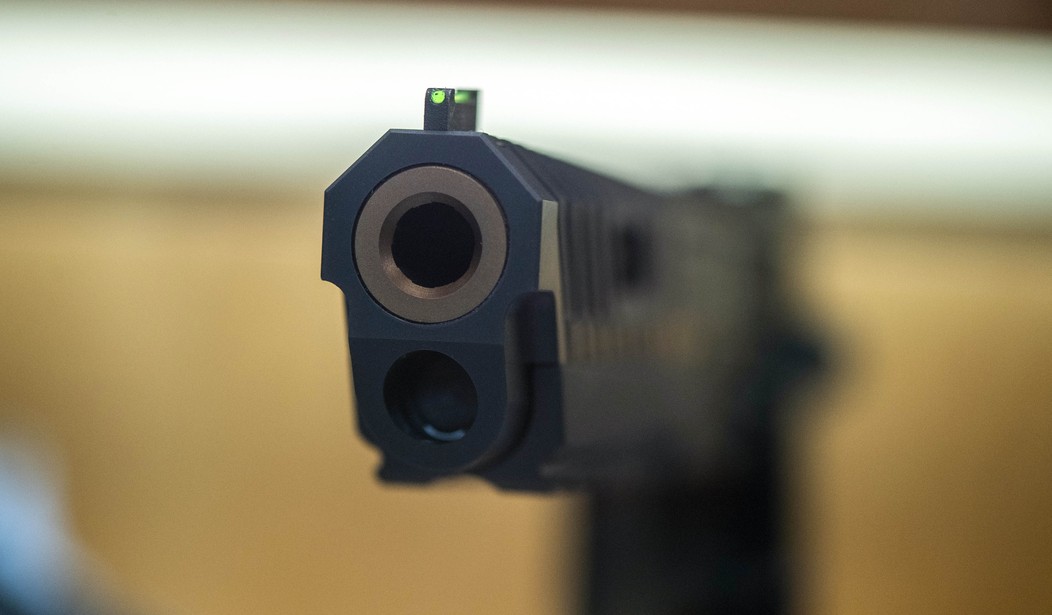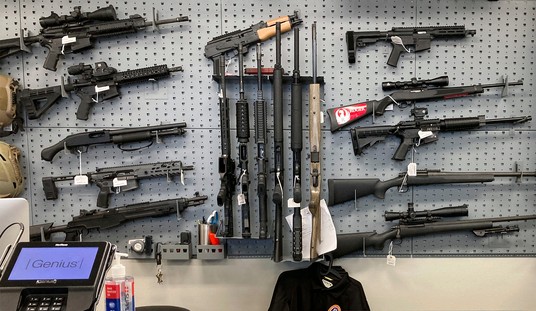When we hear the term "gun crime," it's important to understand what each part of that phrase means. While both "gun" and "crime" are generally nouns, in "gun crime," the word "gun" is an adjective describing a type of crime.
The underlying noun is crime, which is also the underlying problem in so-called gun crime.
It's not the presence of guns that's the issue, it's the criminality itself that's a problem.
As a result, I've long favored approaches to violent crime that focus on undermining violent crime as a whole, not those that just pretend the violence will vanish if the guns disappear.
In Charlotte, there is a problem with youth violence, and they're hoping adult mentors can help.
How can Charlotte reduce youth crime? That's the question the Charlotte leaders are wrestling with amid a spike in teenagers getting into fights, stealing cars and using guns to settle social media beefs.
To find out, WFAE took a trip to parking lot behind a Concord strip mall on a recent Saturday morning, where about two dozen kids were locked in a fierce game of dodgeball.
They raced toward each other and hurled rubber balls, ducking, weaving and sometimes catching their opponents' lobs.
It looked like any other after-school program, but with one key difference: all the kids here had recently been in serious trouble. Many were here under orders from a juvenile court.
...
Kwasi Amponsa says he understands why troubled teens might be quick to act out or escalate an argument.
"When you don't have much, when you don't know much, when you don't feel valued, anything that counters your self-respect can feel like a huge thing," he said.
Amponsa sees it every day as a program manager for Charlotte's Alternatives to Violence program.
"I could step on your shoe right now and not say, 'excuse me,' and it's like, he disrespected me, so I'm gonna call him a name. And it goes from a name calling to a fight, from a fight to a shooting," he said.
Amponsa is trying to change that, in part by what he's doing today — passing out hot dogs and hamburgers at a community cookout on Beatties Ford Road.
I hope it works as designed, though I'm skeptical.
It's been my own observation that those who are going down that particular path aren't interested in the opinions of adults, particularly those who put themselves in the do-gooder role.
When an adult mentor helps shift that individual off that destructive path, it's usually someone who is in that young person's life in an organic way; someone like a teacher, a neighbor, a coach. They're generally not some someone who is part of an organized effort to "mentor" people who aren't interested in being mentored.
Yet I'm also willing to be proven wrong. More than that, I hope I'm proven wrong.
See, this is one of those instances where I don't have anything invested in being right. I'm making an observation, but it's not like I'm going to lose sleep if my observations aren't relevant or I'm mistaken in some other way. Especially since my mistake means less violent crime in the Charlotte area and a potential roadmap for other communities.
So yeah, I hope I'm wrong. Time will tell, though.








Join the conversation as a VIP Member